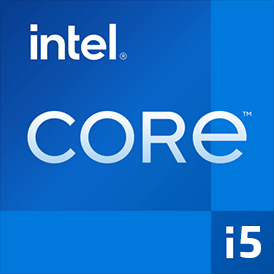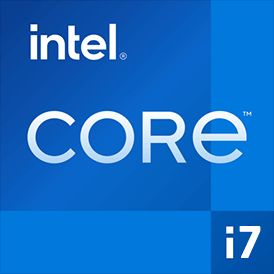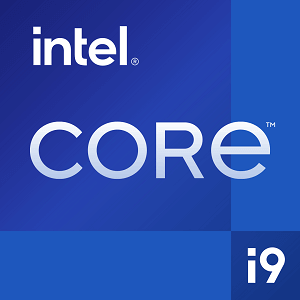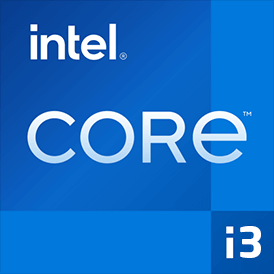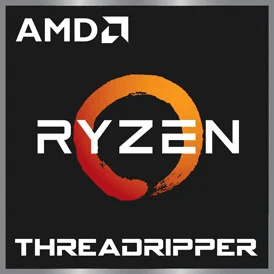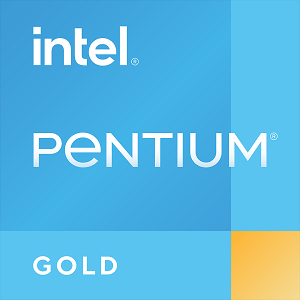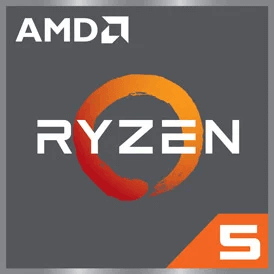Intel Core i5 12600 vs Intel Core i7 11700
We compared two desktop CPUs: Intel Core i5 12600 with 6 cores 3.3GHz and Intel Core i7 11700 with 8 cores 2.5GHz . You will find out which processor performs better in benchmark tests, key specifications, power consumption and more.
Main Differences
Intel Core i5 12600 's Advantages
Released 10 months late
Better graphics card performance
Higher specification of memory (4800 vs 3200)
Larger memory bandwidth (76.8GB/s vs 50GB/s)
Newer PCIe version (5.0 vs 4.0)
Higher base frequency (3.3GHz vs 2.5GHz)
Larger L3 cache size (18MB vs 16MB)
More modern manufacturing process (10nm vs 14nm)
Score
Benchmark
Cinebench R23 Single Core
Intel Core i5 12600
+28%
1853
Intel Core i7 11700
1438
Cinebench R23 Multi Core
Intel Core i5 12600
+21%
13367
Intel Core i7 11700
11018
Geekbench 6 Single Core
Intel Core i5 12600
+19%
2536
Intel Core i7 11700
2116
Geekbench 6 Multi Core
Intel Core i5 12600
+9%
10456
Intel Core i7 11700
9530
Blender
Intel Core i5 12600
180
Intel Core i7 11700
+28%
232
Geekbench 5 Single Core
Intel Core i5 12600
+8%
1793
Intel Core i7 11700
1655
Geekbench 5 Multi Core
Intel Core i5 12600
8457
Intel Core i7 11700
+13%
9636
Passmark CPU Single Core
Intel Core i5 12600
+21%
3814
Intel Core i7 11700
3150
Passmark CPU Multi Core
Intel Core i5 12600
+6%
21246
Intel Core i7 11700
19865
General Parameters
Jan 2022
Release Date
Mar 2021
Intel
Manufacturer
Intel
Desktop
Type
Desktop
x86-64
Instruction Set
x86-64
Alder Lake
Core Architecture
Rocket Lake
i5-12600
Processor Number
i7-11700
LGA-1700
Socket
LGA-1200
UHD Graphics 770
Integrated Graphics
UHD Graphics 750
Package
10 nm
Manufacturing Process
14 nm
65 W
Power Consumption
65 W
117 W
Max Turbo Power Consumption
-
100°C
Peak Operating Temperature
100 °C
CPU Performance
6
Performance Cores
8
6
Performance Core Threads
16
3.3 GHz
Performance Core Base Frequency
2.5 GHz
4.8 GHz
Performance Core Turbo Frequency
4.9 GHz
6
Total Core Count
8
12
Total Thread Count
16
100 MHz
Bus Frequency
100 MHz
33x
Multiplier
25x
80 K per core
L1 Cache
64 K per core
1280 K per core
L2 Cache
512 K per core
18 MB shared
L3 Cache
16 MB shared
No
Unlocked Multiplier
No
Memory Parameters
DDR5-4800, DDR4-3200
Memory Types
DDR4-3200
128 GB
Max Memory Size
128 GB
2
Max Memory Channels
2
76.8 GB/s
Max Memory Bandwidth
50 GB/s
Yes
ECC Memory Support
No
Graphics Card Parameters
true
Integrated Graphics
true
300 MHz
GPU Base Frequency
300 MHz
1450 MHz
GPU Max Dynamic Frequency
1300 MHz
256
Shader Units
256
16
Texture Units
64
8
Raster Operation Units
32
32
Execution Units
32
15 W
Power Consumption
15 W
-
Max Resolution
3840x2160 - 60 Hz
0.78 TFLOPS
Graphics Performance
0.46 TFLOPS
